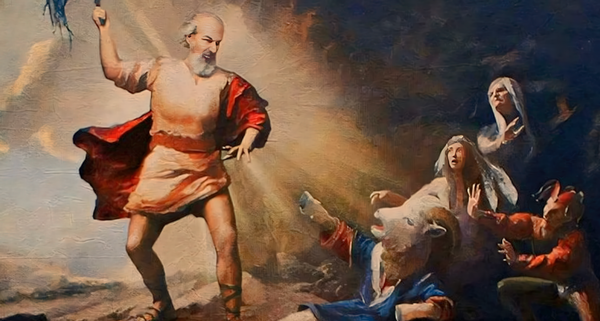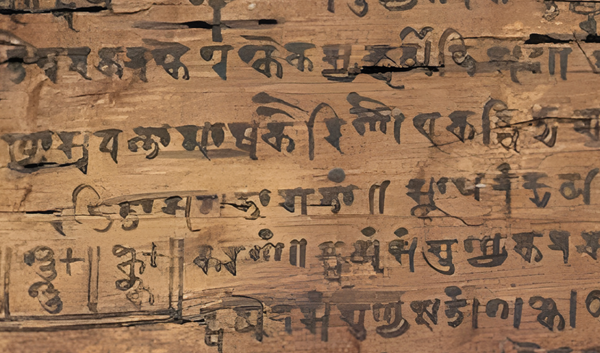Sheldrake on "Through the Wormhole"

From the Science Channel website: The belief in ESP or the sixth sense dates back thousands of years. The Greek historian Herodotus wrote that Croesus, who ruled a kingdom in what is now Turkey in the sixth century B.C., consulted oracles — that is, groups of priests claimed to be able to predict the future — before he went to war. In ancient India, Hindu holy men were believed to possess the power to see and hear at a distance, and to communicate through telepathy. In the late 1700s, the Viennese physician Franz Mesmer claimed that he could give people ESP powers by hypnotizing them.
Just before his assassination in 1865, President Abraham Lincoln told friends that he’d dreamed of his own body lying in state in the White House. In the 20th century, Edgar Cayce and Jean Dixon attracted wide followings by claiming that they could foresee future events. During the Cold War, U.S. military and intelligence agencies, spurred by reports that the Soviets had psychics at their disposal, even tried to use clairvoyants who claimed remote-viewing powers for espionage purposes.
Since the late 1800s, researchers have tried to determine whether or not a sixth sense actually exists, and have looked for a scientific explanation for such abilities. In the 1890s, engineer Nikola Tesla, one of the pioneers who helped harness electricity, hypothesized that telepathy and other psychic powers might simply be a form of natural wireless communication, similar to radio transmissions. Starting in the late 1920s, Duke University researcher Joseph B. Rhine, who coined the term “ESP,” developed methods for systematically testing psychic powers. Rhine used decks of specially designed cards called Zener cards, which had different symbols — a star, a cross, wavy lines, a circle and a square — printed on them. Subjects tried to identify which symbol was on a certain card, without looking at the printed side. Over a 13-year period, 27 of the 33 experiments conducted by Rhine produced statistically significant evidence that a sixth sense existed. More recently, retired Cornell University psychology professor Darryl Bem published a controversial article in which he found additional statistical evidence that one type of ESP, precognition, might exist. But other scientists have expressed skepticism about that evidence, and published studies of their own with negative or inconclusive results. But so far, such debunking efforts have failed to dissuade believers in the sixth sense from insisting that such powers are real.




